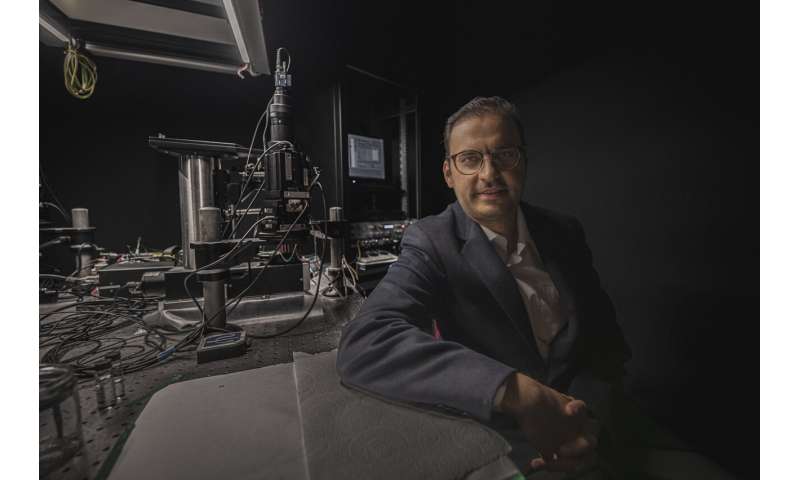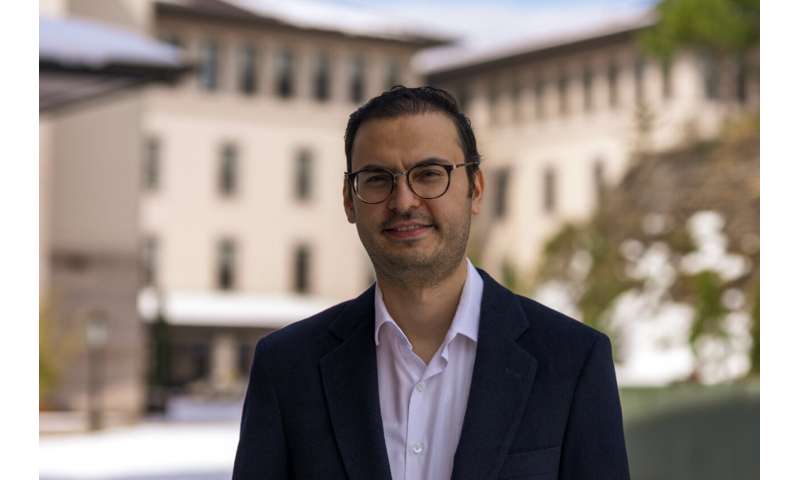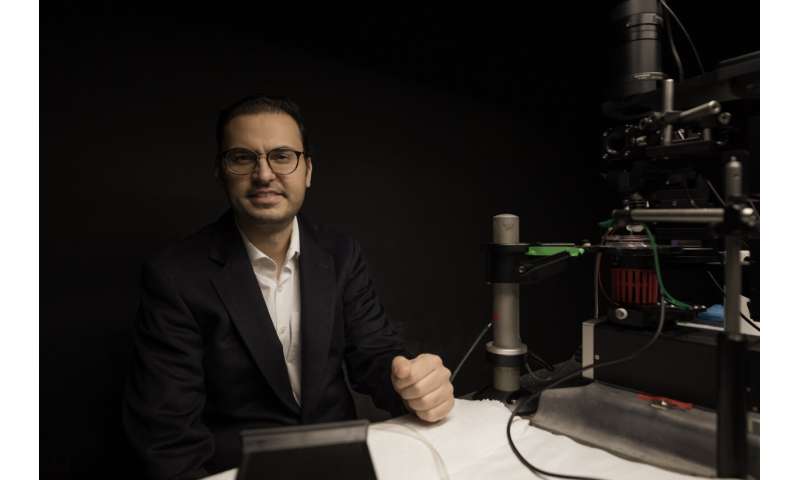KOÇ UNIVERSITY PROJECT TO TACKLE VISION IMPAIRMENT RECEIVES EUROPEAN RESEARCH COUNCIL GRANT

Koç University's Sedat Nizamoğlu will receive 2 million euros from a European Research Council's (ERC) Consolidator Grant to develop retinal implants with high visual acuity and a wide field of view for sufferers of visual impairments. The grant will be given over a period of five years.
ERC grants are awarded to top researchers of any nationality who are working on scientific and technological innovations that could form the basis of new industries, and who intend to work in Europe. This year, the highly coveted ERC Consolidator Grant, which is for experienced researchers, was awarded to just12 of 2,652 applicants.
Koç University researchers hold 20 of the 36 ERC-funded projects in Turkey. Of these, 15 won main project funding (8 in engineering, 5 in social sciences, and 2 in molecular biology and genetics), while 5 were awarded Proof of Concept grants for commercialization of research. Nizamoğlu is a professor at Koç University's Electrical and Electronics Engineering Department.
Nizamoğlu's research began in 2014 after he received an ERC Starting Grant to demonstrate device architectures that stimulate neurons by converting light energy into controlled ion currents. With his new project, Nizamoğlu aims to develop a retinal implant that can cure visual impairments.
The photoreceptor (specialized neurons in the retina that turn light into electrical signals) degeneration is among the leading causes of visual impairment and can occur with common diseases like macular degeneration and Retinitis Pigmentosa (also known as light blindness). Photovoltaic retinal implants (which convert light energy to electricity) are among the most exciting electronic solutions for alleviating loss of vision from photoreceptor degeneration. However, the amount of vision regained with existing photodiode-based implants is limited because of the difficulty of matching pixel size, efficiency, and compatibility with mechanical and structural properties of the retina and remains below the official threshold of blindness.
-

Prof. Sedat Nizamoglu. Credit: Koc University -

Prof. Sedat Nizamoglu. Credit: Koc University
Using Nizamoğlu's retinal mesh optoelectronics, however, retinal implants will meet important visual requirements, such as:
· a high pixel density for high visual acuity,
· conform with the natural curvature of the retina for optimal quality of vision,
· a large retinal area for a wide angle of view,
· integration with neurons to keep intact photoreceptors healthy,
· biocompatible,
· use of safe capacitive current,
· can be delivered by injection, and
· are removable.
The First in its Field
Today, many treatments for preventing photoreceptor degeneration such as drugs, stem cells, optogenetics, and gene therapy, are promising but face important limitations. Other approaches have also suffered from manufacturing challenges. This means that the development of a flexible, high-resolution, wide-angle, photodiode-based retinal implant that works efficiently and can be produced with a solution-based fabrication technique, is all the more urgent.
Retinal mesh optoelectronics, the new retinal implant being developed by Nizamoğlu and his team, will combine nanomaterials with non-traditional approaches in electronics. The implants will initially be tested on animals at the Institute de la Vision in Paris, by institute director Dr. Serge Picaud.
Provided by Koc University